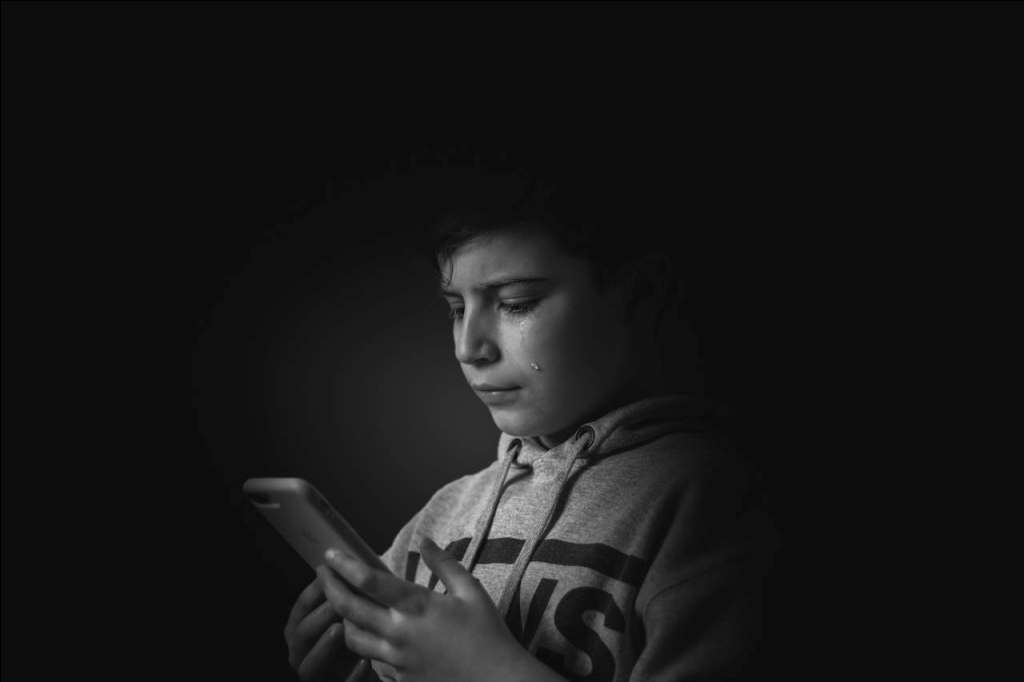Govt’s mental health helpline Tele MANAS received over 1 million calls since inception
Related Articles
Ayatollah Ali Khamenei To Be Laid To Rest In Holy City Of Mashhad: Reports
Iran is set to inter its deceased Supreme Leader, Ayatollah Ali Khamenei, in Mashhad, one of the country's most revered cities, following his recent...
गर्मी से हो रही है परेशानियां: MP-राजस्थान में तापमान 35°C के पार
देश के अलग-अलग हिस्सों में मौसम का रंग बिल्कुल अलग है। पहाड़ी क्षेत्रों में जहां बर्फबारी और बारिश के आसार हैं, वहीं मध्य और...
Pentagon Releases Names of 4 US Soldiers Killed in Kuwait Drone Strike
The Pentagon has confirmed the identities of four of the six US soldiers who lost their lives in a drone attack in Kuwait. This...



